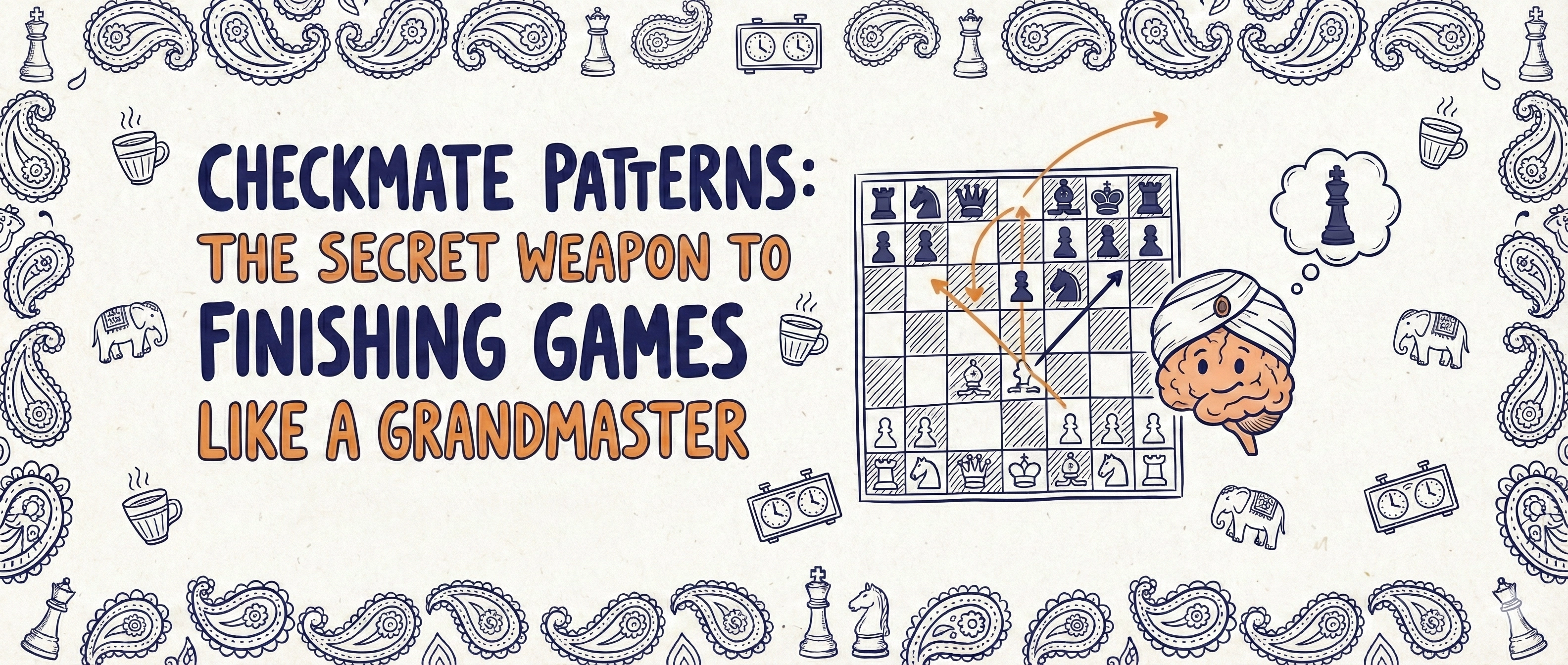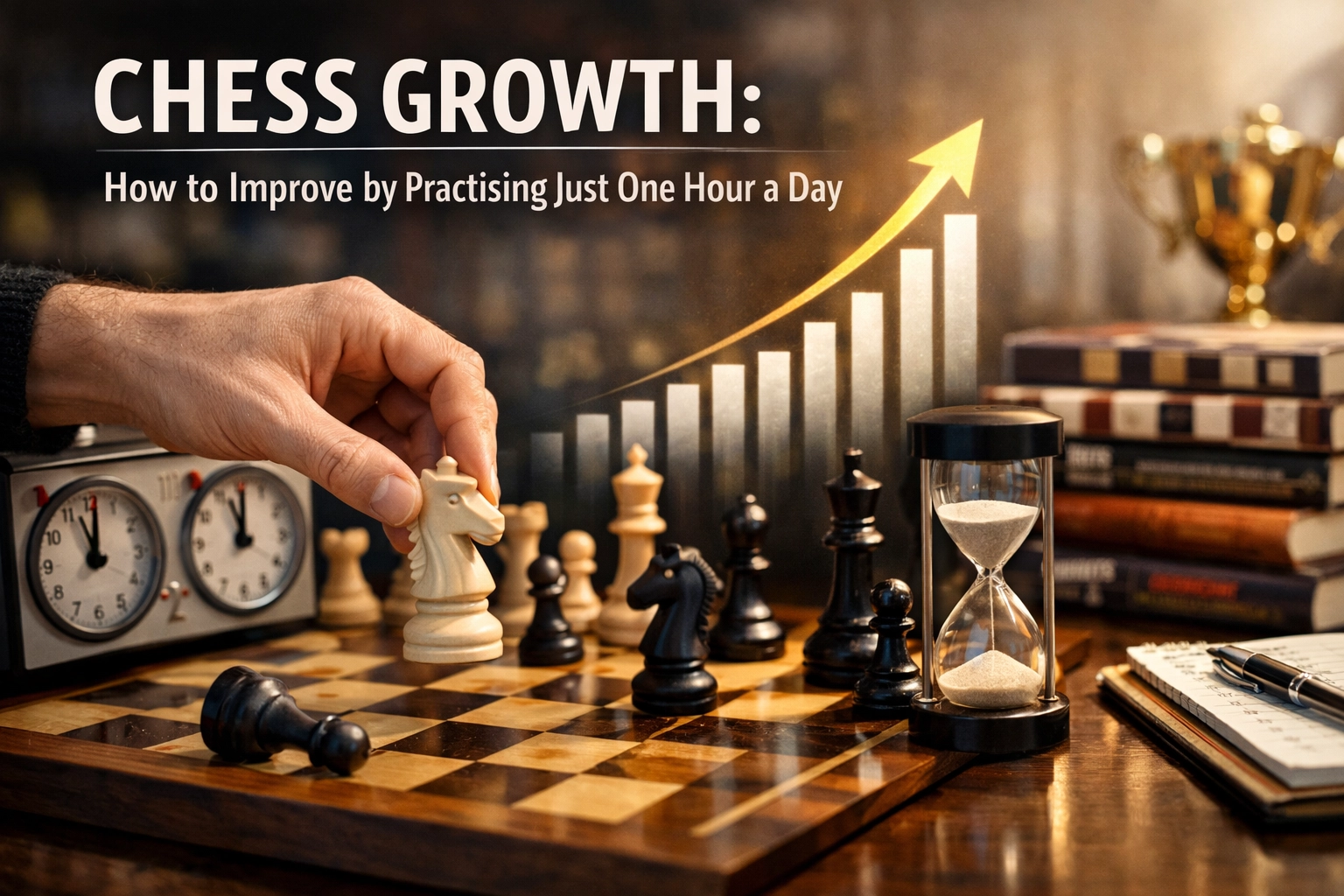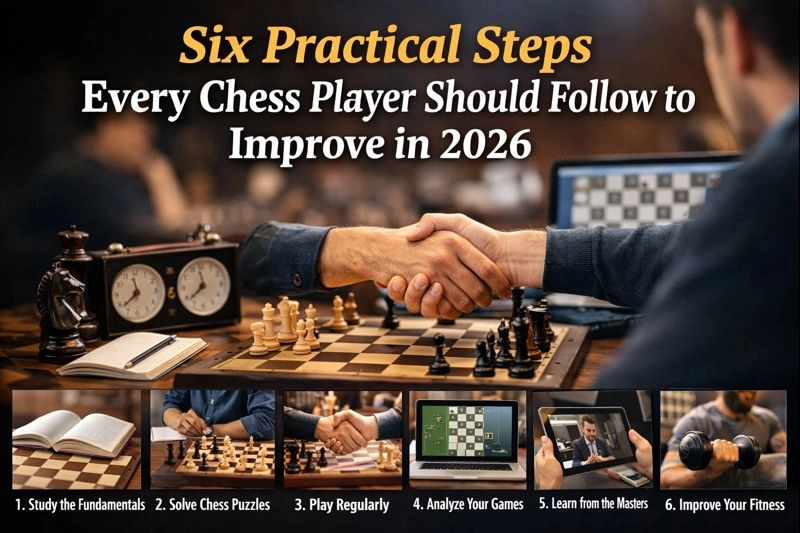Anand Service Society, based in Indore, Madhya Pradesh, India, is making a significant impact in the lives of individuals with speech and hearing impairments.
With over 1.5 billion people worldwide affected by hearing loss—a number that continues to grow—this organization is proving that quality education and learning should be accessible to all, regardless of their circumstances.
The World Health Organization warns that over 1 billion young adults are at risk of permanent, avoidable hearing loss due to unsafe listening practices.
In response to these challenges, Anand Service Society is dedicated to providing vital support and opportunities for those with hearing and speech challenges, ensuring they have the resources to succeed.
- What is ASS?
- Conclusion
- FAQs
- 1. What is the Anand Service Society?
- 2. How does Anand Service Society support individuals with speech and hearing impairments?
- 3. Who can avail the services of Anand Service Society?
- 4. Are there any fees for the services provided?
- 5. How can I get involved with Anand Service Society?
- 6. Does Anand Service Society conduct outreach programs?
- 7. How can I contact Anand Service Society for more information?
- 8. What impact has Anand Service Society made in the community?
- 9. Are there success stories from Anand Service Society?
- 10. How can I stay updated on the activities of Anand Service Society?
What is ASS?
ASS works primarily in education, employment, and rehabilitation for deaf tribal and rural populations. They provide the training and employment assistance necessary to achieve their dreams.
Mr. Gyanendra Purohit and his wife, Mrs. Monica, established the organization
ASS works primarily in education, employment, and rehabilitation for deaf tribal and rural populations. They provide the training and employment assistance necessary to achieve their dreams.
Mr. Gyanendra Purohit and his wife, Mrs. Monica, established the organization “Anand Service Society” (ASS) in 2000 as a memorial to Gyanendra's brother, a hearing and speech-impaired man who sadly passed away in a train accident.
This organization works to improve the lives of deaf people, children with special needs, and other vulnerable groups in society.
1. Indian National Song for Hearing and Speech-Impaired
Gyanendra and Monica Purohit, the founders of the society, have made a remarkable contribution by creating the National Anthem in Indian Sign Language.
Thanks to their initiative, around 7 million Indians who are deaf or have speech impairments can now express their patriotism by “singing” the National Anthem and Vande Mataram in their own language.
Their work not only promotes inclusion but also celebrates the spirit of unity by ensuring that every Indian, regardless of ability, can take part in this proud national expression.
2. Awards and Accolades
Tutoring helped individuals with speech impairment pass the instructors' eligibility exam in 2005. But, the education department refused to hire them.
Gyanendra Purohit followed law and became an advocate after contacting numerous attorneys and being dissatisfied by the injustice done.
After becoming an advocate, took up this matter in court, requesting that 15000 Deaf students enrolled in regular schools be granted access.
The couple won the lawsuit, and ordered the state government to provide the Deaf community a reserve on teaching positions.
Fought for deaf and speech impaired teacher reservations and were successful; today, thousands of the disabled can receive employment.
On the 14th of January, 2016, the Society and its founding couple were awarded by a steel foundation for their innovative endeavor to find, reward, and acknowledge local leaders and innovators for their remarkable courage, devotion, and confidence.
3. Spreading the word with KBC

Kaun Banega Crorepati is a Hindi-language television game show in India. It is the Who Wants to Be a Millionaire? franchise's official Hindi interpretation.
Except for the third season, which was presented by a prominent Bollywood actor, it has been hosted by actor Amitabh Bachchan from its debut. The host recognized the couple on his show in the special segment taking place in 2020.
4. A Police Station
Specially for disabled people The couple also helped advocate for establishing India's first Police Station for the deaf alongside a local Police Station in Indore, where individuals may file complaints in sign language.
This furthered the possibility for the disabled to fight for justice, and to make their voices heard when it comes to legal affairs.

Wrapping Up Individuals with mental and developmental challenges continue to confront several obstacles in leading the life they desire in their communities.
Everyone ought to have access to the services they require to be self-sufficient, whether that means living in their own home, working, or participating in the activities they choose. Instead, many disabled individuals are confined to institutions, while others suffer long lines for services, skyrocketing unemployment rates, and disruptions to key services.
Every day, the organization struggles to break down these obstacles, but it is vital that others take initiative. Volunteering with local non-profits to break barriers and provide a greater chance to equality depends on the population, not on individuals.
Conclusion
In conclusion, summarizing the key points of your discussion can help reinforce your message and leave a lasting impression on your readers. Whether you're wrapping up a blog post, an article, or any piece of content, a well-crafted conclusion should:
Recap Main Ideas: Briefly revisit the core arguments or points made throughout the content.
Engage the Reader: Encourage further thought or action by inviting readers to reflect or participate.
Offer a Closing Thought: End with a powerful statement, a quote, or a call to action that resonates with your audience.
By crafting a strong conclusion, you can effectively tie together your content and strengthen the connection with your readers.
FAQs
1. What is the Anand Service Society?
The Anand Service Society is a non-profit organization dedicated to supporting individuals with speech and hearing impairments. It provides various services, including speech therapy, vocational training, and community awareness programs.
2. How does Anand Service Society support individuals with speech and hearing impairments?
Anand Service Society offers a range of services including:
Speech Therapy: Professional therapy sessions for speech and language development.
Vocational Training: Skill development programs to improve employability.
Community Awareness Programs: Educating the public about speech and hearing challenges.
3. Who can avail the services of Anand Service Society?
The society caters to individuals of all ages with speech and hearing impairments, from children to adults. Services are also available to their families and caregivers to help them understand and support their loved ones better.
4. Are there any fees for the services provided?
Anand Service Society aims to make its services accessible to all. While some programs may have nominal fees, many are offered at no cost, especially to underprivileged individuals. It is best to contact them directly for specific details.
5. How can I get involved with Anand Service Society?
There are several ways to get involved:
Volunteering: You can offer your time and skills as a volunteer.
Donations: Financial contributions are always welcome to support their initiatives.
Awareness Campaigns: Participate in or help organize events to raise awareness about speech and hearing impairments.
6. Does Anand Service Society conduct outreach programs?
Yes, the Anand Service Society conducts various outreach programs focusing on spreading awareness about speech and hearing impairments, their social impact, and available support systems.
7. How can I contact Anand Service Society for more information?
You can reach out to Anand Service Society through their official website or contact them via email or phone. Their social media channels are also a good way to keep updated on their activities and initiatives.
8. What impact has Anand Service Society made in the community?
Anand Service Society has positively impacted many lives by empowering individuals with speech and hearing challenges through education, training, and community support, fostering inclusion and understanding in society.
9. Are there success stories from Anand Service Society?
Yes, there are many inspiring success stories of individuals who have benefited from the services provided by Anand Service Society. These testimonials showcase how participants have gained confidence, developed skills, and improved their communication abilities.
10. How can I stay updated on the activities of Anand Service Society?
To stay informed, you can subscribe to their newsletter through their website, follow them on social media, or regularly check their blog for updates on programs, events, and success stories.
For more detailed information, please visit the Anand Service Society website.






Comments